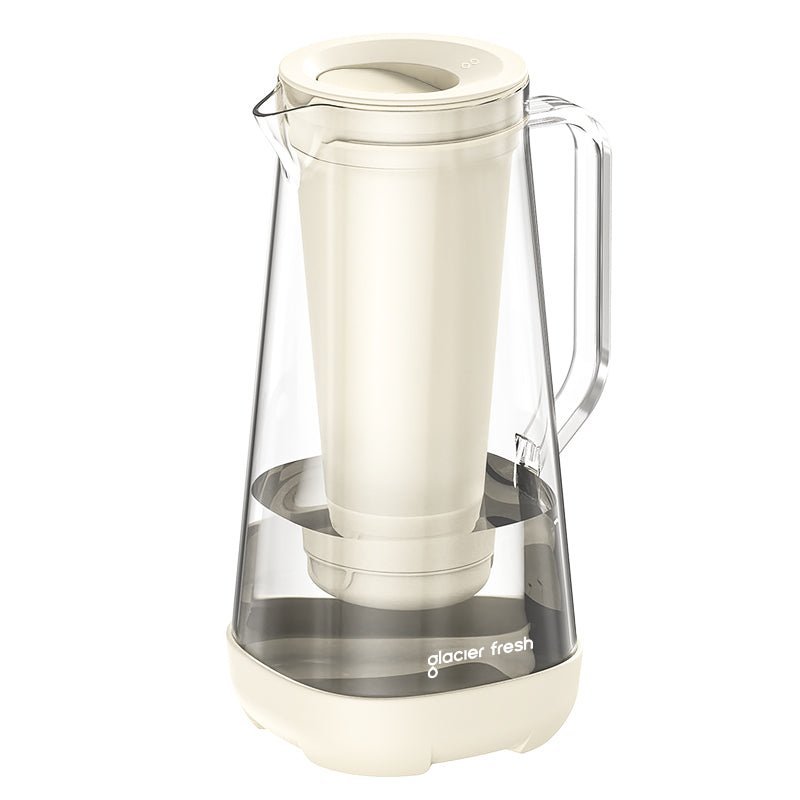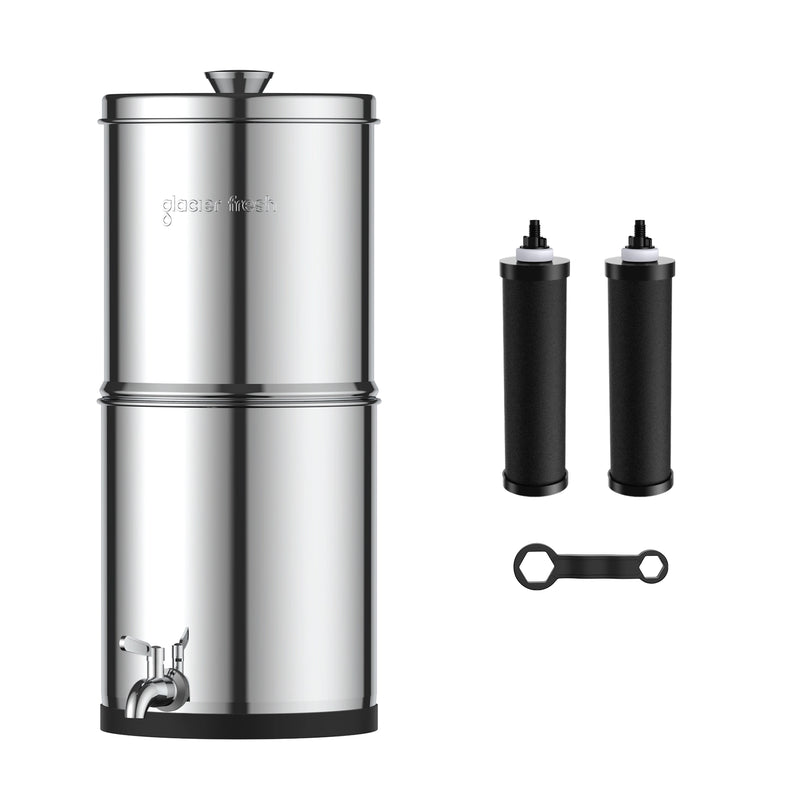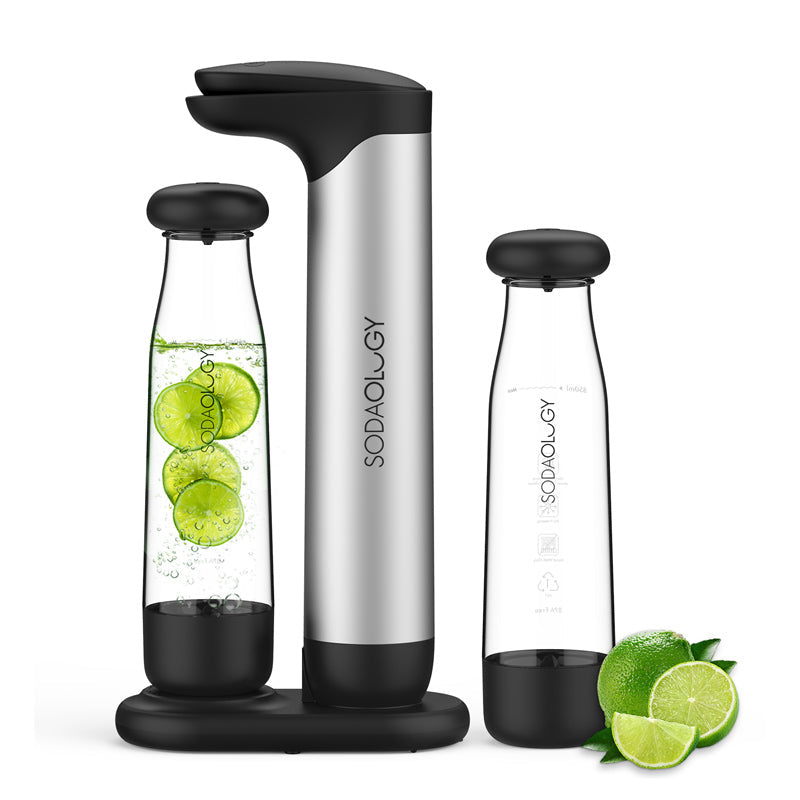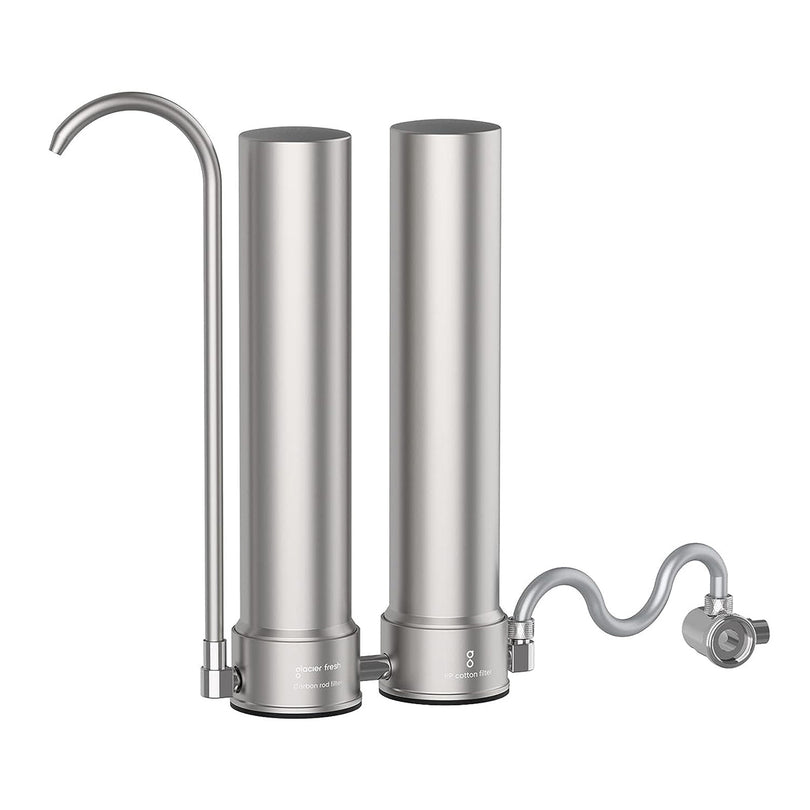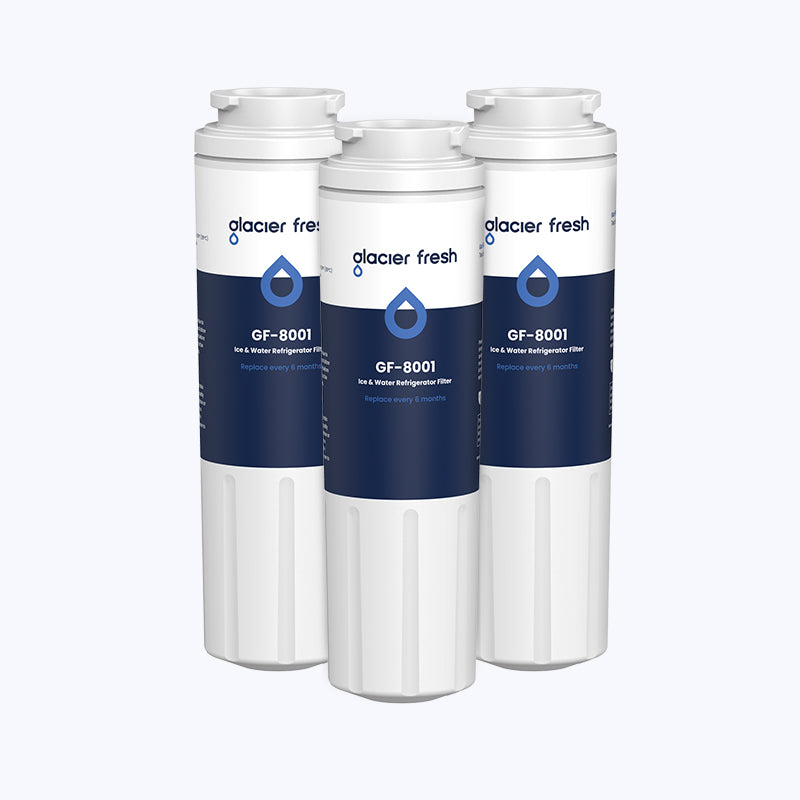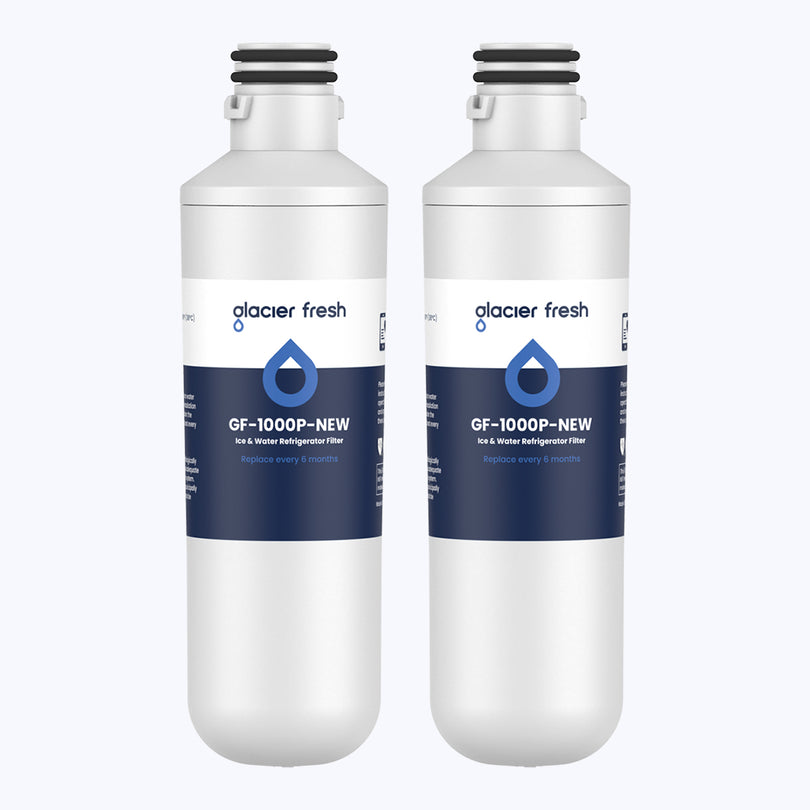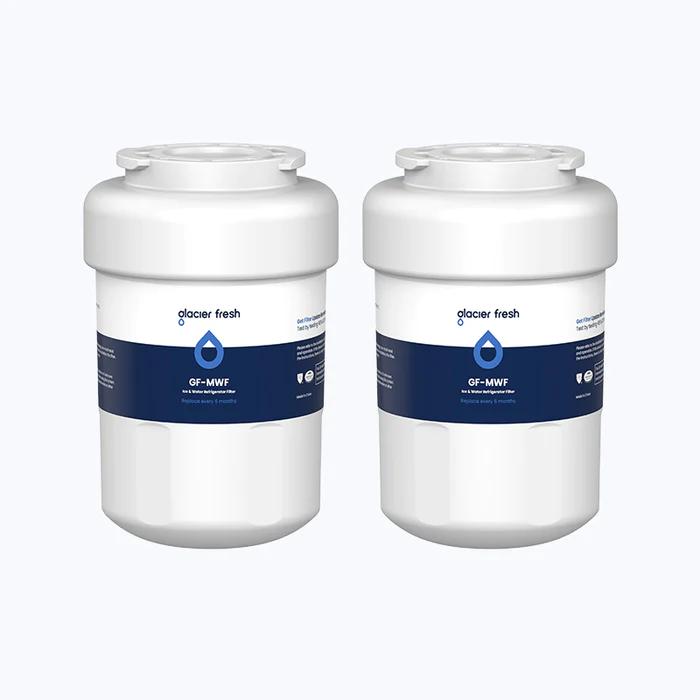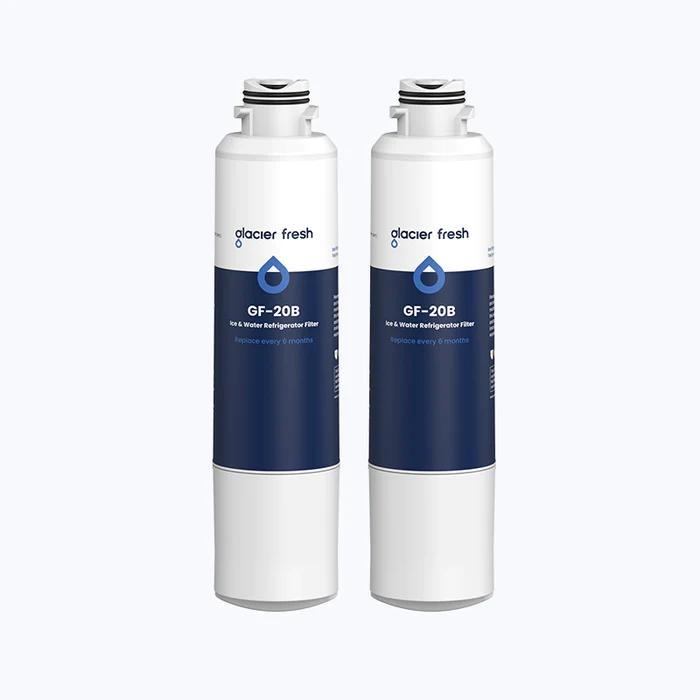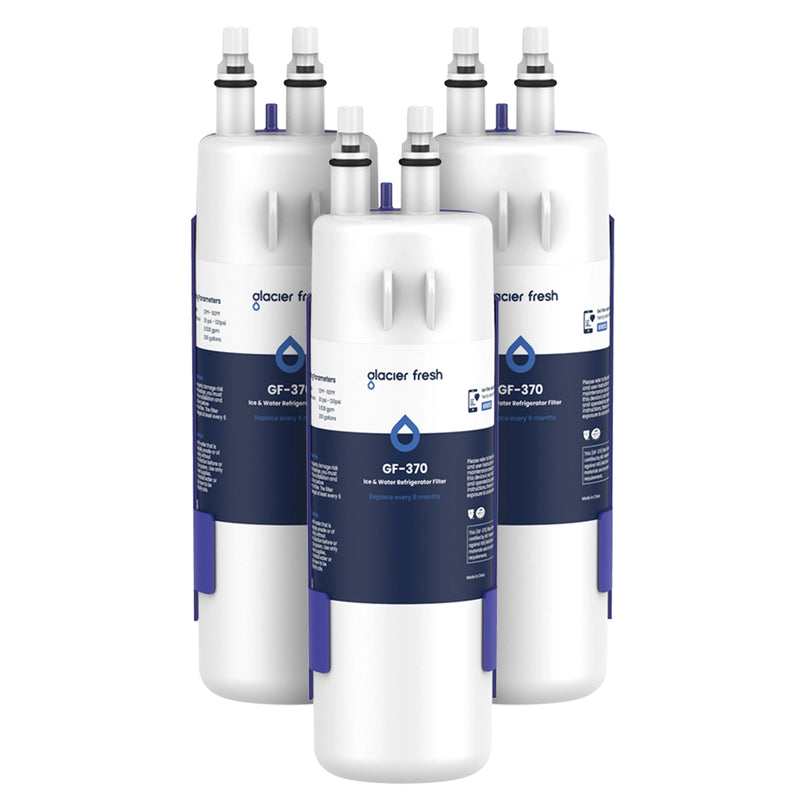Table of Contents:
What is soda water
Types of soda water
Nutritional content of soda water
How does soda water affect weight gain
Health benefits of drinking soda water
FAQs
Conclusion
Soda water has long been touted as a healthy beverage, but is it suitable for diets? There's much to consider regarding soda water and its potential benefits and drawbacks. This article discusses what soda water is, its nutritional content, how it affects weight gain, and its health benefits. Read on to find out more!
What is soda water?
You may have heard of it, but do you know what it is? Let's take a closer look! Soda or carbonated water has been infused with carbon dioxide gas under pressure. This is often done with a soda maker, which uses pressurized gas to carbonate water. It is a great way to add flavor and fizz to water and has become famous for those looking for a healthier alternative to soda for hydration and weight loss.

Soda water is often confused with carbonated beverages, such as tonic water and club soda. Still, it differs in that it does not contain added sugars or artificial flavors. It is simply water with carbon dioxide gas, providing a crisp and refreshing taste. Because it is calorie-free, it is an excellent option for those on a healthy diet and looking to manage their weight. Soda water is an excellent alternative to traditional soda, providing a flavorful and hydrating beverage without the added sugar. It is a perfect choice for those looking to cut calories and stay hydrated while still enjoying the taste of a carbonated beverage.
Types of soda water
Common types of soda water include plain, carbonated, lemon-lime, and club soda. Plain soda water is simply carbonated water with no flavor added. Carbonated water is usually flavored with carbon dioxide, which provides a distinct bubbly flavor. Lemon-lime soda combines carbonated water, sugar, and lemon and lime juices, resulting in a sweet and sour taste. Club soda is similar to plain soda water but also contains minerals like sodium bicarbonate and potassium sulfate, giving it a salty taste.
Each type of soda water can be enjoyed in a variety of ways. Plain soda water can be enjoyed on its own or mixed with juice to create a flavorful and refreshing beverage. Carbonated water can be used to add a bubbly texture to mixed drinks or cocktails. Lemon-lime soda is famous for making homemade slushes and smoothies. Club soda often makes mixed drinks, such as gin and tonic. Whatever type of soda water you choose, it's a great way to enjoy a calorie-free beverage. Each type of soda water has its unique flavor and can be used in various ways. With the correct kind of soda water, you can create flavorful and refreshing drinks that are perfect for any occasion
Moving on, let's look at the nutritional content of soda water.
Nutritional content of soda water

Soda water is often considered unhealthy, but it's a low-calorie and hydrating alternative to sugary drinks. It can provide essential minerals, including magnesium, calcium, and sodium. Furthermore, it's sugar-free and contains just a few calories. Nutritionally, soda water is made up of:
- 0 calories
- 0 grams of fat
- 0 grams of sugar
Soda water is an excellent option for those trying to watch their calorie intake, as it contains no calories and is relatively low in sodium. Additionally, it provides a refreshing flavor without being overly sweet, making it a great option for those looking to cut back on added sugars.
How does soda water affect weight gain?
Effects on appetite and cravings
The carbonation in soda water has been known to help curb cravings for sugary drinks and other unhealthy beverages. This is because carbonation can provide a similar sensation in the mouth as a sugary drink without calories and sugar. As a result, people who drink soda water are less likely to experience a spike in blood sugar levels and, in turn, a craving for more sugary drinks.
However, the increased feelings of fullness caused by the carbonation in soda water may also lead to overeating later. Some people may drink too much soda water and feel bloated or uncomfortable, making it harder to control their appetite or stick to a healthy diet. The acidity of soda water may also have an impact on need. Some studies suggest that drinking acidic drinks can lead to increased hunger levels and decreased feelings of fullness, which could lead to overeating.

Overall, the effects of soda water on appetite and cravings are mixed. While the carbonation in soda water can help curb cravings for sugary drinks, drinking it in moderation is essential to avoid overeating. Additionally, those sensitive to acidity may want to avoid drinking soda water as it may lead to increased hunger levels. As with any beverage choice, weighing the potential benefits and drawbacks before deciding is essential.
Role of carbonic acid and carbon dioxide gas
Carbonic acid and carbon dioxide gas are critical factors that set soda water apart from regular tap water. These compounds create effervescent bubbles and refreshing fizz, making soda water a fun and enjoyable drink option.
Creating carbonation in soda water involves dissolving carbon dioxide (CO2) gas, which then reacts with the water to form carbonic acid. This chemical reaction produces the delectable bubbly texture many people love in their drinks. The carbonic acid in soda water brings a distinctive tangy taste to the glass, which may appeal to some but not others.

While carbonic acid adds a unique flavor and texture to soda water, concerns have been raised about its impact on dental and bone health. Some studies have suggested that regularly drinking carbonated beverages, including soda water, may lead to decreased bone mineral density, which can increase the risk of fractures and osteoporosis. Additionally, the carbonic acid in soda water can erode tooth enamel over time, leading to heightened dental decay and deterioration. However, it's worth noting that the extent of these health effects may depend on the frequency and amount of carbonated water consumption.
The role of carbonic acid and carbon dioxide gas in soda water creates a unique taste and fizzy texture that many people enjoy. However, it's essential to consider the potential impact of carbonated water on dental and bone health and regulate intake about overall hydration.
Research on rodents linking soda water to weight loss
Research on rodents has suggested that soda water may support weight loss efforts. Studies have analyzed the effects of soda water on weight loss in rodents, and their results have been promising. In one study, rats were given plain or soda water for six weeks. The rats drinking soda water experienced significant weight loss compared to the control group. This weight loss was attributed to the rats feeling full and consuming fewer calories overall due to the carbonation and feelings of satiety provided by the soda water.
Another study also found that rats consuming soda water had lower blood sugar levels than those drinking regular water. High blood sugar levels are linked to weight gain and obesity, so this finding further suggests that soda water may support weight loss efforts. However, it is essential to remember that these studies were conducted on rodents and may not directly apply to humans. Additionally, the effects of soda water on weight loss may be influenced by other factors, such as the specific method of carbonation and other ingredients in the beverage.
Further research is needed to confirm these findings and to determine the most effective way for humans to incorporate soda water into their weight loss efforts. It is essential to remember that soda water should not be relied on as the sole solution for weight loss and should be combined with a healthy diet and exercise routine.
Health benefits of drinking soda water
Drinking soda water can benefit your health, providing a flavorful alternative to sugary drinks while helping curb cravings and reduce daily calorie intake. Soda water is a calorie-free alternative to regular sodas and can offer a refreshing and hydrating boost on a hot summer day.
Plain carbonated water can help to reduce constipation and improve digestion. It can also help reduce bloating, which can benefit those looking to maintain a healthy weight. Soda water is made by adding carbon dioxide and is usually flavored with natural or artificial flavorings. It has a slightly bubbly taste but no calories or sugar, making it an excellent option for those looking to cut back on sugary drinks.
Some people also believe that soda water can help to boost metabolism, though there is no scientific evidence to back this up. Soda water is generally considered safe to drink and can be a great way to stay hydrated without adding calories or sugar to your diet. Soda water can be a great option if you're looking for a way to quench your thirst without adding many calories.
FAQs
Is soda water more hydrating than regular water?
Hydration is the process of providing your body with water to maintain its fluid balance. Both soda water and regular water are good options for staying hydrated. Research studies have found no significant difference in hydration levels between the two. Ultimately, the choice between soda and regular water comes from personal preference. Drinking enough water, regardless of the source, is critical to maintaining proper hydration levels and overall health.
Is soda water safe for pregnant women?
Soda water contains no sugar or calories, making it an excellent alternative to sugary sodas during pregnancy. Therefore, soda water is generally safe for consumption during pregnancy as long as it is free from any additional harmful ingredients. Remember to consume it in moderation and prioritize drinking plain water to stay hydrated. If you have any concerns, always consult your healthcare provider for guidance.
How much soda water should be consumed per day?
The amount of soda water an individual should drink daily depends on their water needs, which can vary based on factors such as age, gender, activity level, and overall health status. As a general rule, it is recommended that adults should drink between 8-10 cups (64-80 ounces) of water per day. Overconsumption of soda water may negatively affect health, including dental decay and electrolyte imbalance. Adding natural flavors to soda water can become a refreshing drink that is both healthy and enjoyable.
Conclusion
You may have heard that soda water suits a diet, but is it? The answer is yes and no. It can be part of a healthy diet when consumed in moderation. It is a great way to add a little flavor to your daily water intake and a great way to stay hydrated on the go. No, it should not be relied upon as a primary source of hydration. If you're looking for a more nutritious way to stay hydrated, focusing on water, green tea, and other healthy beverages is best. As the adage goes, 'everything in moderation,' which also applies to soda water.

